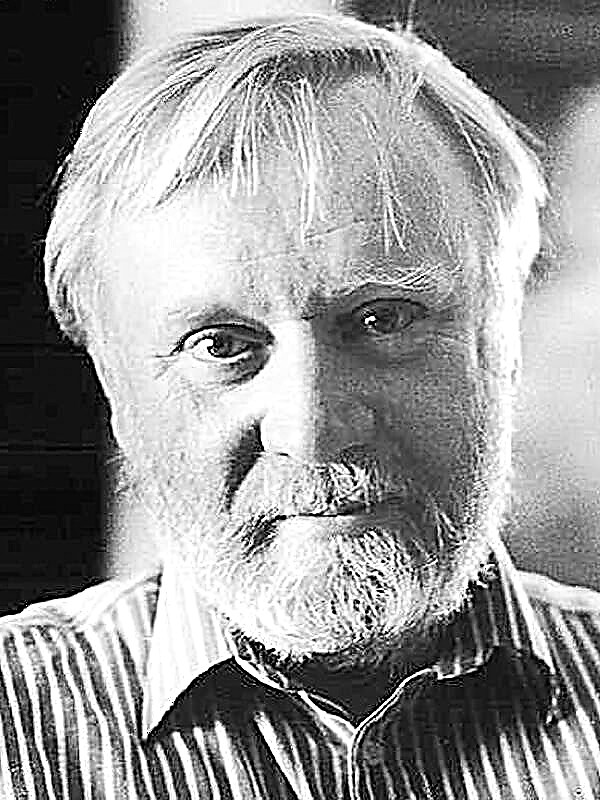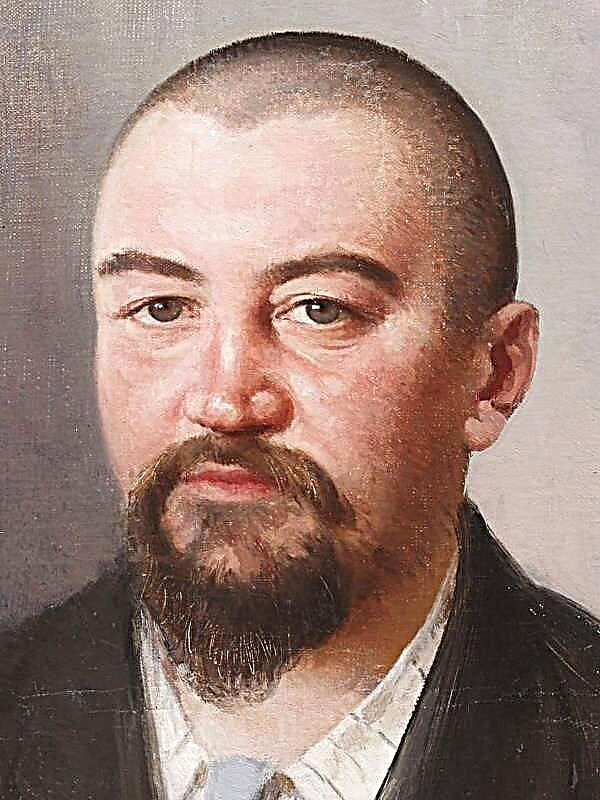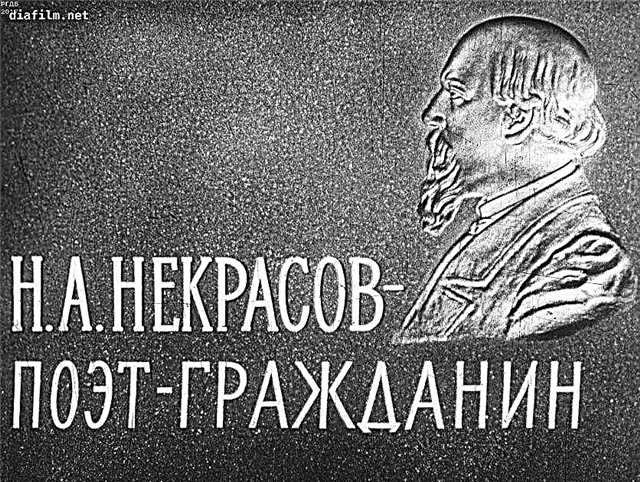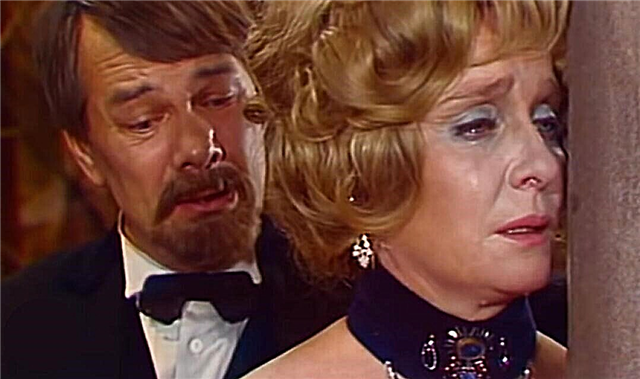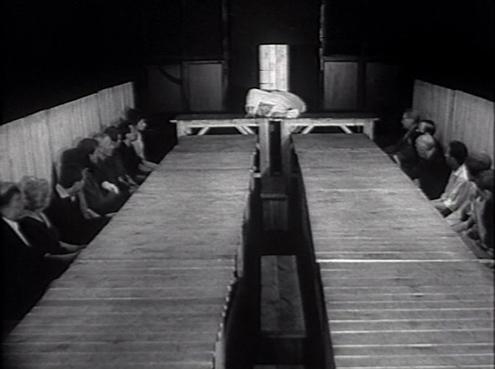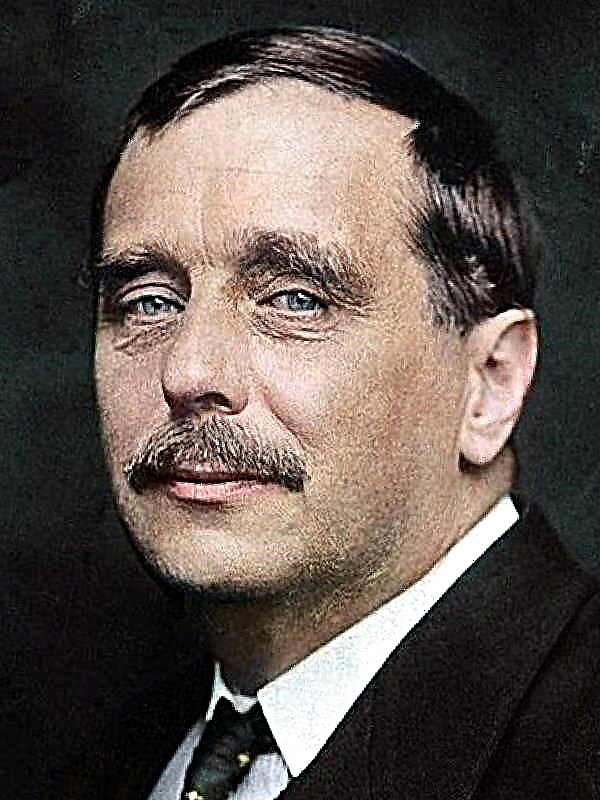"Trahinyanki" means "girls from the city of Trakhina." Trakhin (“rocky”) is a small town in the remote mountainous outskirts of Greece, under Mount Eta, not far from the glorious Thermopyll Gorge. He only knows that he lived in his last years the greatest of Greek heroes - Hercules, son of Zeus. On Mount Eta, he accepted a voluntary death at the stake, ascended to heaven and became a god. The involuntary culprit of this martyrdom of his was his wife Dejanira, faithful and loving. She is the heroine of this tragedy, and the chorus of Trakhin girls is her interlocutor.
Almost all Greek heroes were kings in different cities and towns, except for Heracles. He practiced his future divinity by forced labor in the service of an insignificant king from southern Greece. For him, he accomplished twelve feats, one heavier than the other. The last one was the descent into Hades, the underworld, behind the terrible three-headed dog that guarded the kingdom of the dead. There, in Hades, he met the shadow of the hero Meleager, also a fighter with monsters, the most powerful of the older heroes. Meleager told him: “There, on earth, I had a sister named Dejanira; take her as a wife; she is worthy of you. ”
When Hercules finished his forced service, he went to the edge of Greece to get married to Dejanir. He arrived on time: there flowed the Aheloy river, the largest in Greece, and her god demanded that Dejanir be his wife. Hercules grabbed the god in the struggle, crushed him like a mountain; he turned into a serpent, Hercules clenched his throat; he turned into a bull, Hercules broke his horn. Aheloy obeyed, the saved Dejanir went to Hercules, and he took her with him on the return trip.
The path lay through another river, and the carrier on that river was the wild centaur Ness, a half-man half-horse. He liked Dejanir, and he wanted to abduct her. But Hercules had a bow and had arrows poisoned by the black blood of the many-headed snake Hydra, which he had once defeated and chopped down. The arrow of Hercules overtook the centaur, and he realized that his death had come. Then, in order to take revenge on Hercules, he said to Dejanira: “I loved you, and I want to do good to you. Take blood from my wound and keep it from the light and people. If your husband loves another, then smear his clothes with this blood, and his love will return to you. " Dejanira did so, not knowing that Nessova blood was poisoned by the arrow of Hercules.
Time passed, and she had to remember this blood. Hercules was visiting the acquaintance of the king in the city of Echalia (two days' journey from Trakhin), and the king's daughter Iola fell in love with him. He demanded that the king take her as a concubine. The tsar refused, and the tsar's mockingly added: "It is not to her face to be behind one who has served for twelve years, as a forced slave." Hercules became angry and pushed the king’s son off the wall - the only time in his life he killed the enemy not by force, but by deception. The gods punished him for this - once again they were enslaved for a year to the dissolute overseas queen Omfale. Dejanira did not know anything about this. She lived in Trachine alone with her young son Gill and patiently waited for her husband to return.
This is where the drama of Sophocles begins.
On the stage of Dejanir, she is full of anxiety. When leaving, Hercules told her to wait for his year and two months. He had a prophecy: if you perish, then from the dead; and if you do not die, then come back and finally find rest after your labors. But then a year and two months passed, but he still wasn’t. Has the prophecy come true, and he died from some dead man, and will not return to live his days alone next to her? The chorus of tracheins encourages her: no, even in all life there are joys and troubles, but Father Zeus will not leave Hercules! Then Dejanira calls his son Gill and asks him to go in search of his father. He is ready: a rumor has already reached him that Hercules spent a year in slavery at Omfala, and then went on a campaign against Echaly - to avenge the offending king. And Gill goes to look for him under Echaly.
As soon as Gill leaves, as indeed the rumor is confirmed: messengers come from Hercules - to talk about the victory and his imminent return. There are two of them, and they are not faceless, as usual in tragedies: each has his own character. The eldest of them leads a group of silent captives with him: yes, Hercules served his year at Omfala, and then went to Echaly, took the city, captured the captives and sent them slaves to Dejanir, and he himself must make thanks to the gods and will immediately follow. Dejanir is sorry for captives: they were just noble and rich, and now they are slaves. Dejanira speaks to one of them, the most beautiful, but she is silent. Dejanira sends them to the house - and then the second messenger approaches her. “The elder did not tell you the whole truth. Not out of revenge Hercules took Echalya, but out of love for Princess Iola: you were talking to her now, and she was silent. " Reluctantly, the senior messenger admits: this is so. “Yes,” says Dejanira, “love is God, a man before her is powerless. Wait a bit: I will give you a present for Hercules. ”
The choir sings a song for the glory of omnipotent love. And then Dejanira tells the Hookahs about her gift for Hercules: this is the cloak that she rubbed with the same blood of Ness in order to regain Hercules’s love, because it offends to share Hercules with a rival. “Is it reliable?” The choir asks. "I'm sure, but have not tried." “There is little confidence, experience is needed.” - "Will now be". And she gives the messenger a closed casket with a cloak: let Hercules put it on when he will offer thanksgiving to the gods.
The choir sings a joyful song to the glory of the returning Hercules. But Dejanira is in awe. She rubbed a cloak with a tuft of sheep’s wool, and then threw this bloody tuft to the ground, - and suddenly, she says, he boiled in the sun with dark foam and spread over the ground with a red-brown stain. Is trouble in danger? didn't the centaur cheat on her? Is it poison instead of love spell? And indeed, the choir does not have time to reassure her, when Gill enters with a swift step: “You killed Hercules, you killed my father!” And he says: Hercules put on a cloak, Hercules slaughtered the sacrificial bulls, Hercules lit a fire for a burnt offering - but when the bonfire breathed heat on the cloak, it seemed to stick to his body, was bitten with pain to the bones, like fire or snake venom, and Hercules fell into cramps, shouting cursing the cloak, and the one that sent him. Now they carry him on a stretcher to Trakhin, but will they deliver him alive? Dejanira silently listens to this story, turns and hides into the house. Horror in horror sings about the trouble. A messenger runs out - the old nurse, Dejanira: Dejanira killed herself. In tears, she went around the house, said goodbye to the altars of the gods, kissed the doors and thresholds, sat on the wedding bed and thrust the sword into her left chest. Gill in despair - did not have time to stop her. Choir in double horror: the death of Dejanira in the house, the death of Hercules at the gate, what's worse?
The end is drawing near. They bring Hercules, he rushes about on a stretcher with frantic cries: the winner of the monsters, the most powerful of mortals, he dies from a woman and calls to his son: "Get revenge!" In the intervals between groans, Gill explains to him: Dejanirs are no longer there, her guilt is involuntary, this was once deceived by an evil centaur. Now Hercules is clear: the prophecies have come true, it is he who dies from the dead, and the rest that awaits him is death. He orders his son: “These are the last two of my covenants: the first - take me to Mount Eta and lay me on the funeral pyre; the second - that Iola, whom I did not have time to take for myself, you take so that she becomes the mother of my descendants. " Gill is horrified: to burn his father alive, to marry the one who is the cause of death of both Heracles and Dejanira? But he cannot resist Hercules. Hercules is being carried away; no one yet knows that from this fire he will ascend to heaven and become a god. Gill escorts him with the words:
"Nobody is inaccessible to the future to mature, / But alas, the present is sad for us / And it is shameful to the gods, / But it is harder for the one / Who fell the fateful sacrifice."
And the choir echoes: “Now we’ll go home and we’ll go home: / We saw a terrible death, / And a lot of torment, unprecedented torment, - / But Zeus’s will was all.”

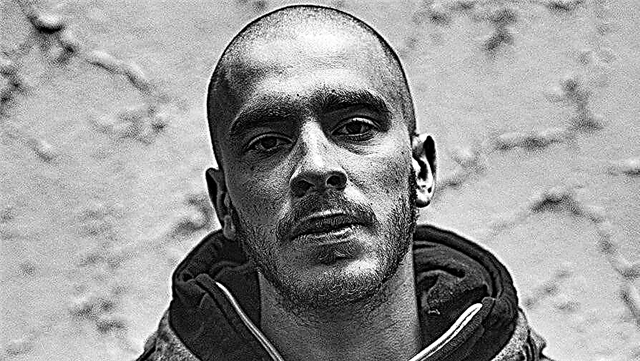
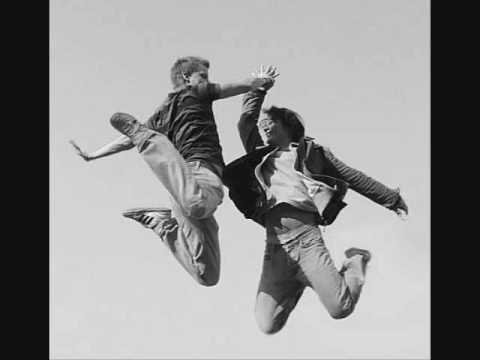

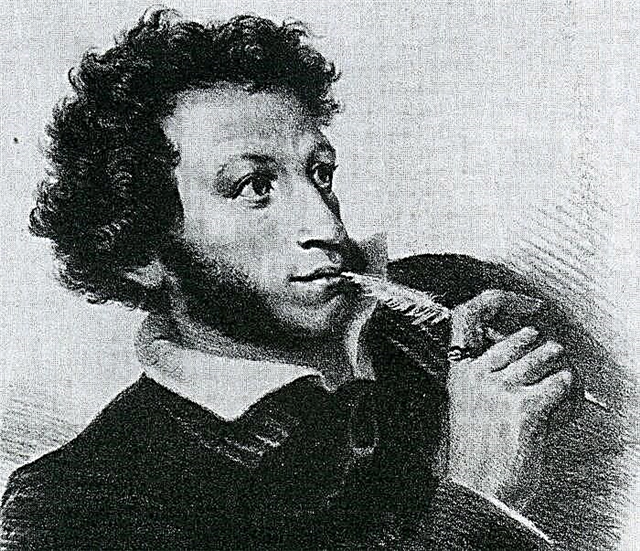
 Ranger
Ranger
